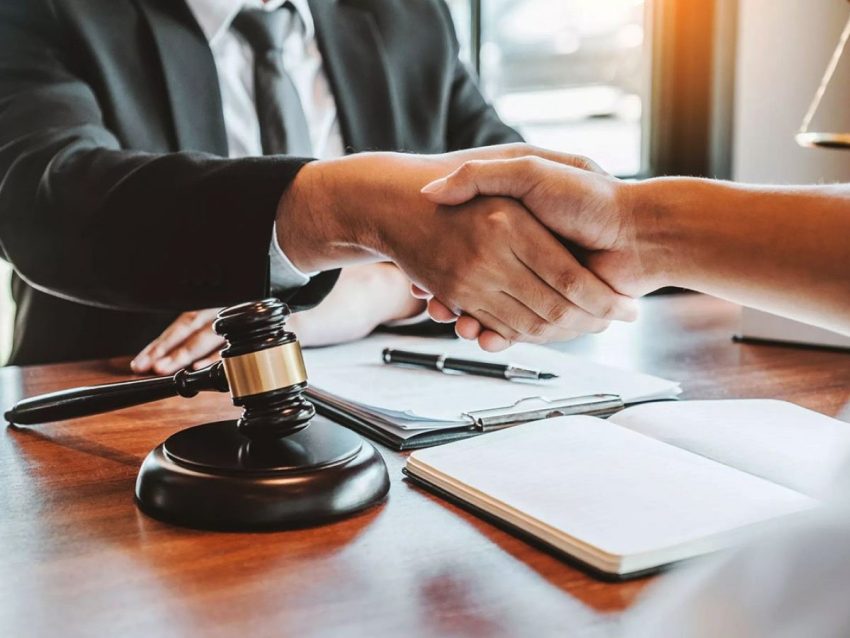Recruiting a Government managed retirement inability legal counselor or non-lawyer promoter to deal with your handicap case is quite often desirable over endeavoring to explore an intricate framework all alone. As a component of their portrayal, SSDI legal counselors and backers play out a large number of errands, including:
- Portraying the handicap methodology
surveying the strength of your case, helping you document your underlying application or allure, creating clinical proof (made sense of further beneath), setting you up for your handicap hearing, and addressing you at your hearing.
What Happens When You First Contact an Incapacity Supporter or Lawyer?
When you first contact a legal counselor or non-lawyer advocate, the delegate or a staff member, someone like David Kapor, will make sense of the inability cycle to you. They will then, at that point, lead an underlying meeting to accumulate fundamental data about your case. The firm will view these realities while choosing whether or not to acknowledge your case. The meetings are normally led via telephone, yet you might demand to meet with somebody face to face.
Workers are prepared to recognize cases with a high probability of progress. Nonetheless, in marginal cases, a legitimate proficient typically surveys the document to decide if the firm will address you.
Will my legal advisor or promoter record my case for my benefit?
Some SSDI attorneys won’t help you in recording your underlying handicap guarantee since they just handle requests. Assuming that you are simply beginning the inability cycle, find a legal counselor or backer who can assist you with the desk work and guarantee that everything is documented on time.
How Might My Lawyer or Supporter Help Me in Planning for My Hearing?
It’s normal for SSDI lawyers and promoters to hold on until a month before an incapacity hearing to talk with a client interestingly. Up to that point, your main contact with the law office might have been with paralegals or staff individuals. Non-attorney workers are ordinarily accountable for:
- guaranteeing that “demand for hearing” cutoff times are met; mentioning and logging clinical records; and speaking with clients about pre-hearing matters.
- Be that as it may, as the meeting date draws near, you ought to talk with the lawyer who will address you at the consultation.
Will the Consultation Planning Meeting occur face-to-face or via telephone?
Most handicapped lawyers and supporters speak with their clients via telephone, however you can demand that your agent meet with you face to face assuming you like.
Your delegate will have checked on your document and figured out which issues actually should be addressed preceding your pre-hearing gathering or telephone meeting. Assuming that you want to allude to your clinical records or other important archives during your gathering, ensure you have them with you.
Is this a confidential gathering?
Whatever you tell your legal counselor is secret. This implies that your lawyer can impart data to others that you have allowed the person in question to do as such. If you are uncertain why the lawyer requires specific data, ask your lawyer to make sense of the valid reason the response is basic to your case.
Will My Agent set up observers for my benefit?
The SSA permits you to carry an observer to affirm your handicap, but since witnesses can be both unsafe and supportive, your lawyer will decide if a witness declaration is expected to win your case. Your legal counselor might be keen on mentioning letters of help from your carers or previous businesses.

